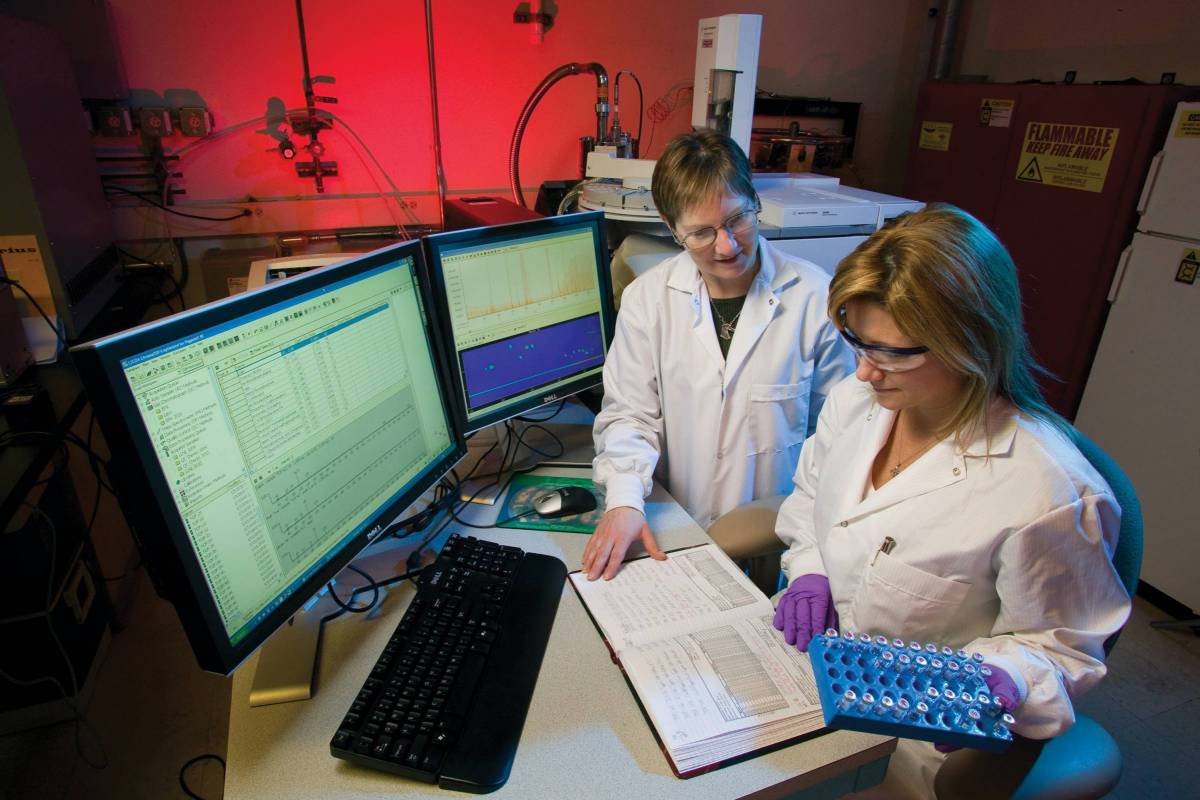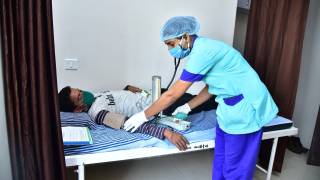California Scientists Identify Which Human Genes Fight COVID-19 Infection

Scientists at Sanford Burnham Prebys, located in La Jolla, CA, announced on April 18, 2021, they identified a set of human genes that fight SARS-CoV-2 infection, the virus that causes COVID-19.
Knowing which genes help control viral infection can greatly assist researchers in understanding factors that affect disease severity and suggest possible therapeutic options. The genes in question are related to interferons, the body’s frontline virus fighters.
The study was published in the journal Molecular Cell on April 13th.
“We wanted to gain a better understanding of the cellular response to SARS-CoV-2, including what drives a strong or weak response to infection,” says Sumit K. Chanda, Ph.D., professor, and director of the Immunity and Pathogenesis Program at Sanford Burnham Prebys and lead author of the study, in a press statement.
“We’ve gained new insights into how the virus exploits the human cells it invades, but we are still searching for its Achille’s heel so that we can develop optimal antivirals.”
Based on knowledge gleaned from SARS-CoV-1, the beta coronavirus that caused a deadly but relatively brief outbreak of disease from 2002 to 2004, and knowing that it was similar to SARS-CoV-2, the investigators were able to develop laboratory experiments to identify the ISGs that control viral replication in COVID-19.
“We found that 65 ISGs controlled SARS-CoV-2 infection, including some that inhibited the virus’ ability to enter cells, some that suppressed manufacture of the RNA that is the virus’s lifeblood, and a cluster of genes that inhibited assembly of the virus,” says Dr. Chanda.
“What was also of great interest was the fact that some of the ISGs exhibited control across unrelated viruses, such as seasonal flu, West Nile, and HIV.”
“We identified eight ISGs that inhibited both SARS-CoV-1 and CoV-2 replication in the subcellular compartment responsible for protein packaging, suggesting this vulnerable site could be exploited to clear the viral infection,” added Laura Martin-Sancho, Ph.D., a senior postdoctoral associate in the Chanda lab and first author of this study.
“This is important information, but we still need to learn more about the biology of the virus and investigate if genetic variability within these ISGs correlates with COVID-19 severity.”
As a next step, the researchers will look at the biology of SARS-CoV-2 variants that continue to evolve and threaten vaccine efficacy. Dr. Martin-Sancho notes that they have already started gathering variants for laboratory investigation.
For over 40 years, Sanford Burnham Prebys Medical Discovery Institute has developed deep expertise in fundamental biology and one of the most comprehensive drug discovery centers in the nonprofit world that accelerates the translation of our discoveries toward patient benefit.
Our Trust Standards: Medical Advisory Committee























